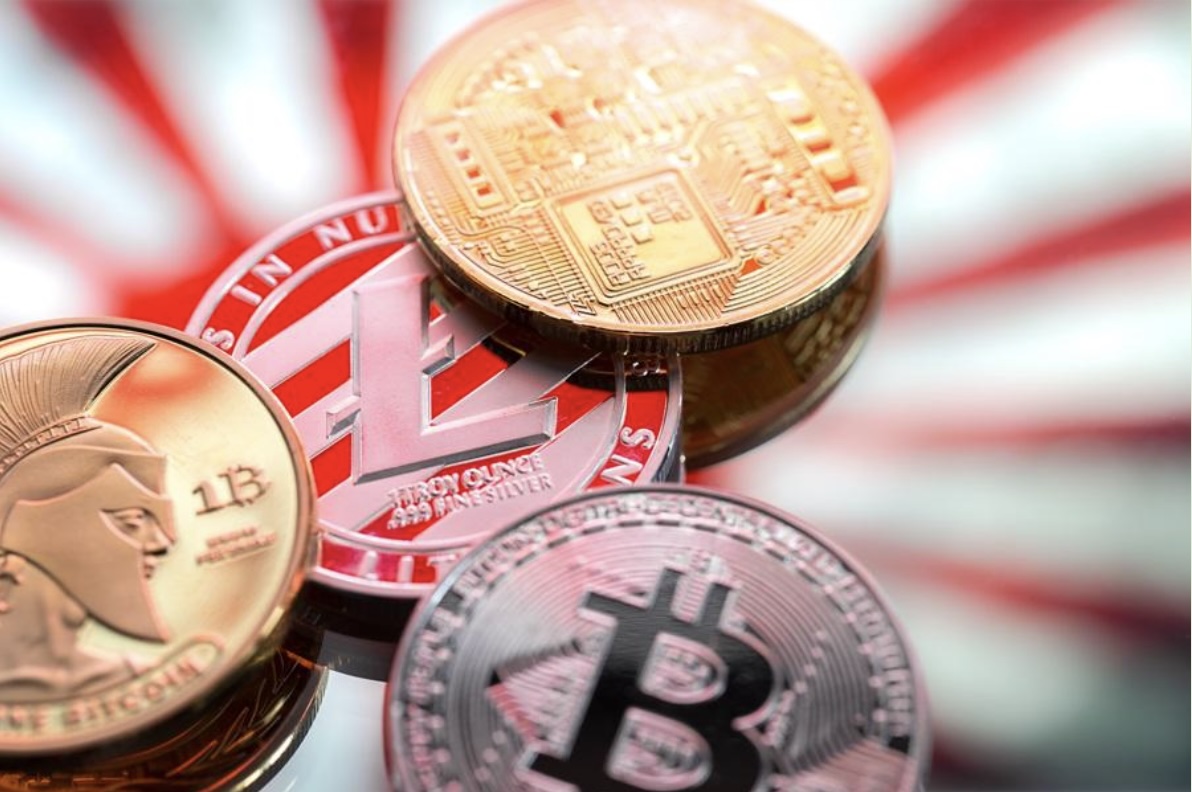Nov 16 (News On Japan) - Japan is known to be a country of contrasts, where centuries-old traditions blend seamlessly with cutting-edge innovation.

The nation’s technologically progressive character is underscored by advancements in fields like robotics, aerospace, quantum computing, advanced materials, biomedical research, and so on. This innovative spirit, evident across all sectors and areas of activity, turned Japan into an early hub for crypto adoption and development.
While other countries either strongly opposed this novel technology or were on the fence about it, Japan was much more receptive to it. Its tech-savvy population didn’t shy away from crypto assets, as was the case in certain regions, but was quite eager to learn more about them, wanting to know how to buy crypto and understand how it functions.
Given this positive attitude toward crypto, one would naturally assume that Japan remains at the forefront of crypto integration and innovation. Analyzing the current state of the local crypto market can help us understand just how popular digital currencies have become in Japan and how their role has evolved over time.
Japan’s crypto history
As one of the first countries to open its doors to crypto, Japan has been at the center of crypto development from the very beginning. However, it was also the place where some of the biggest disasters in the crypto industry took place, so its crypto journey has been a mix of groundbreaking progress and significant challenges.
With over 4 million individuals participating in the crypto market, the land of the rising sun has one of the highest rates of crypto ownership and usage in the world. Chainalysis' 2023 Adoption Index places Japan in the 18th spot in terms of overall volume and acceptance of cryptocurrencies, ahead of many Western European countries like Germany, France, and the Netherlands. Recent statistics also show that the user penetration rate for 2025 was estimated at 14,70%, and is expected to rise to 15.26% by 2026.
But let’s take a step back in time and see how Japan reached these figures. In 2009, when Bitcoin was invented, it attracted little immediate attention. Things were no different in Japan, despite the fact that the project’s inventor used a Japanese-sounding pseudonym, Satoshi Nakamoto.
However, just one year later, Japan became home to the biggest Bitcoin exchange in the world, Mt. Gox, launched in 2010. At its peak, the Tokyo-based platform processed over 70% of global Bitcoin transactions. Unfortunately, Mt. Gox’s success wouldn’t last long. In early 2014, the exchange shut down its operations and declared bankruptcy after a security breach caused it to lose $450 million worth of Bitcoin, representing approximately 7% of all BTC at the time.
The Mt. Gox scandal rocked not only the local market but the entire crypto industry, and caused the Financial Action Task Force (FATF) to step in and introduce guidelines regarding the regulation of digital currency exchanges, so that similar situations would not happen in the future.
In 2016, the Japanese Cabinet and the Diet passed a bill that recognized digital currencies as means of payment and required exchanges to take the necessary measures to comply with specific regulations, thus marking the first step toward the legitimization of crypto assets.
In 2018, yet another resounding crypto hack made waves in Japan, this time involving Coincheck. The attack resulted in the loss of over $500 million worth of NEM tokens, making it one of the largest thefts in crypto history. This prompted the Financial Services Agency (FSA) to impose new measures in order to minimize market risks.
Over the following years, Japan continued to introduce new rules and standards, as it sought to refine its regulatory approach and tighten oversight on crypto. These provisions aimed to improve cybersecurity and investor protection, and curb money laundering.
Investor profile
According to Statista, the number of crypto users in Japan might reach 18.69 million users by 2026, so let’s find out who are the people currently trading and investing in digital assets in Japan. A survey conducted by KuCoin reveals that 39% of Japanese investors are using crypto as a portfolio diversification solution. 39% of young investors, aged between 18 and 30, have allocated more than ¥10,000 to crypto assets, while 49% of them engage in crypto trading several times a week.
The report also shows there’s a significant gender disparity among local investors, with an overwhelming 80% of investors being men. Age-wise, the majority of investors (77%) are above 30, with the younger generations accounting for only 23% of the investor population.
In terms of motivations, 44% of investors think of crypto as a key player in the future of finance, so investing in digital assets is a way for them to stay ahead of the curve and prepare for what might come next.
As for the assets that Japanese investors prefer, market leaders Bitcoin and Ethereum remained the top choices for most participants. However, there’s also increasing interest in gaining exposure to different asset categories, such as meme coins, stable coins, and NFTs.
Future outlook
As Japan’s crypto market continues to expand, with digital assets becoming more integrated into financial structures, improving crypto regulations will remain the main focus. The Financial Services Agency intends to reclassify crypto assets as financial products under the Financial Instruments and Exchange Act by 2026.
This means cryptocurrencies will no longer be treated as a means of payment, as they were categorized under the Payment Services Act, and will be placed in the same class as stocks and bonds, subjecting them to different trading rules and stricter oversight.
Considering all these developments, we can safely conclude that crypto is indeed big in Japan, and it’s about to be just as big in other parts of the world.















